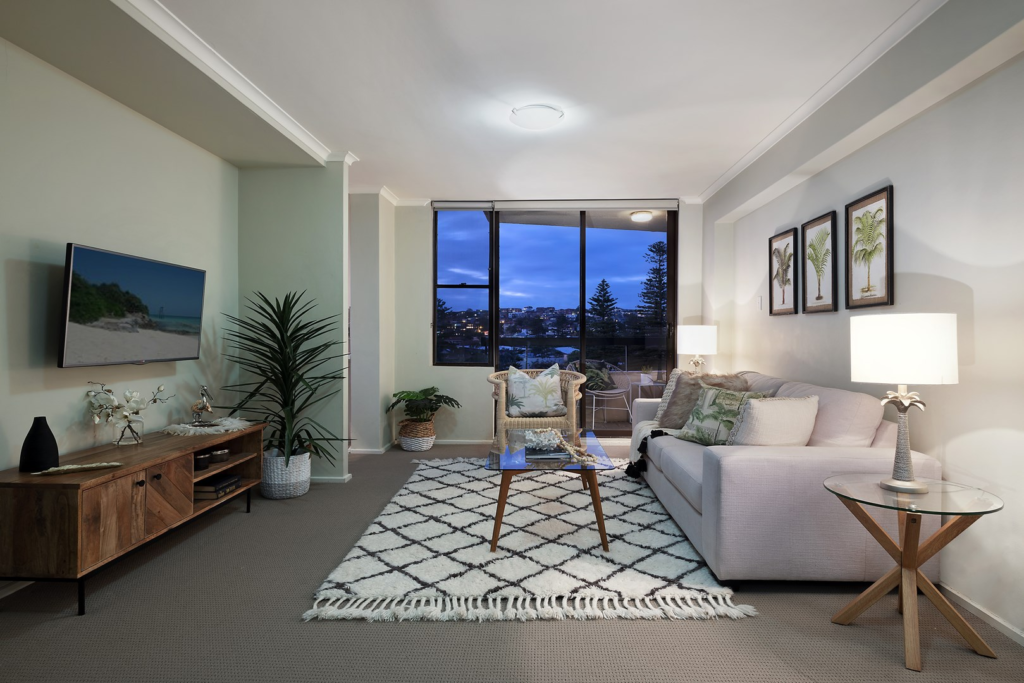When choosing materials for external aluminium sliding doors, it’s important to consider factors such as durability, aesthetics, and functionality. While aluminium is the primary material used for these doors, the components and finishes can vary, providing a range of options to suit different needs and preferences. Here, we explore the best materials and options to consider when selecting your sliding doors.

- Aluminium Frames
The frame of an external sliding door is typically made from aluminium, which is known for its strength, lightweight properties, and resistance to corrosion. Aluminium is naturally durable and long-lasting, making it an ideal choice for doors exposed to outdoor conditions. It also requires minimal maintenance and is highly resistant to rust, which is particularly important for doors installed in coastal or high-humidity areas. The versatility of aluminium allows for sleek, modern designs, and it can be powder-coated in a variety of colours to match the aesthetic of your home. - Glass Panels
The type of glass used in external sliding doors plays a significant role in both the aesthetic and functional qualities of the door. Tempered glass is commonly used for its strength and safety features, as it is less likely to break into sharp shards if it’s damaged. For added durability and insulation, double-glazed glass is often recommended. Double-glazed panels consist of two layers of glass with an air gap in between, providing enhanced thermal insulation and soundproofing. This type of glass can help maintain a comfortable indoor temperature and reduce external noise, making it an excellent option for homes located in busy areas. - Low-E Glass
For those looking to enhance the energy efficiency of their external aluminium sliding doors, Low-E (low emissivity) glass is an excellent option. Low-E glass is coated with a thin layer of metal oxide that helps reduce the amount of heat entering or leaving a space. This glass is particularly beneficial for regulating indoor temperatures by reducing the impact of the sun’s heat in summer and keeping warmth in during the colder months. While the focus here is not on energy efficiency, Low-E glass can still be an important consideration for maintaining comfort in your home, especially if you live in areas with extreme temperatures. - Weatherproofing Materials
Weatherproofing is another essential consideration when choosing materials for external aluminium sliding doors. Weatherstripping and seals around the door frame are crucial for keeping out drafts, water, and dirt. High-quality weatherproofing materials, such as rubber or silicone, help ensure that your doors remain airtight, reducing the risk of water damage and preventing the infiltration of dust or insects. Well-sealed doors can also help improve the overall insulation of your home, though this is an added benefit rather than a primary focus for the materials. - Reinforced Security Components
For added security, many external aluminium sliding doors come with reinforced frames and multi-point locking systems. The frame itself may be strengthened with additional steel reinforcements, ensuring that the door remains secure even under force. The lock mechanism is also a key component, with advanced options such as keyless entry systems, deadbolts, and heavy-duty sliding locks providing enhanced protection against intruders. Ensuring that your door has secure locking components made from high-quality materials is essential for peace of mind. - Powder-Coating Finish
The finish of the aluminium frame is also an important material consideration. A powder-coated finish provides a durable, smooth surface that resists scratches, fading, and weathering. The coating helps protect the frame from the elements, ensuring that it retains its appearance and structural integrity over time. Powder coating comes in a wide range of colours, allowing homeowners to select a finish that complements their home’s style. The finish also prevents the aluminium from oxidising, which can lead to unsightly stains and deterioration of the material. - Wooden or Composite Inserts
In some cases, homeowners may choose to combine aluminium with other materials for aesthetic or functional reasons. For example, wooden or composite inserts can be added to aluminium sliding doors to create a more natural or traditional look. This combination provides the strength and durability of aluminium, while also adding warmth and texture through wood or composite elements. These inserts are typically used in the interior frame or as decorative accents, enhancing the overall design of the doors without compromising their functionality. - Insect Screens
If you live in an area with a high number of insects or pests, you may want to consider insect screens as part of your external aluminium sliding door setup. These screens can be made from fine mesh materials that allow fresh air to flow through the door while keeping insects out. The screens can be integrated into the door frame or installed separately, depending on your preference. Choosing high-quality, durable mesh ensures that the screens will last through the seasons without tearing or deteriorating.
Conclusion
When selecting the best materials for your external aluminium sliding doors, it’s important to consider both practical and aesthetic factors. Aluminium frames provide the strength and durability needed for outdoor use, while glass options such as tempered, double-glazed, or Low-E glass offer benefits in terms of safety, insulation, and comfort. Adding weatherproofing materials, reinforced security components, and a powder-coated finish can further enhance the durability and performance of your doors. By choosing the right combination of materials, you can ensure that your sliding doors not only look great but also perform well for many years to come.





































